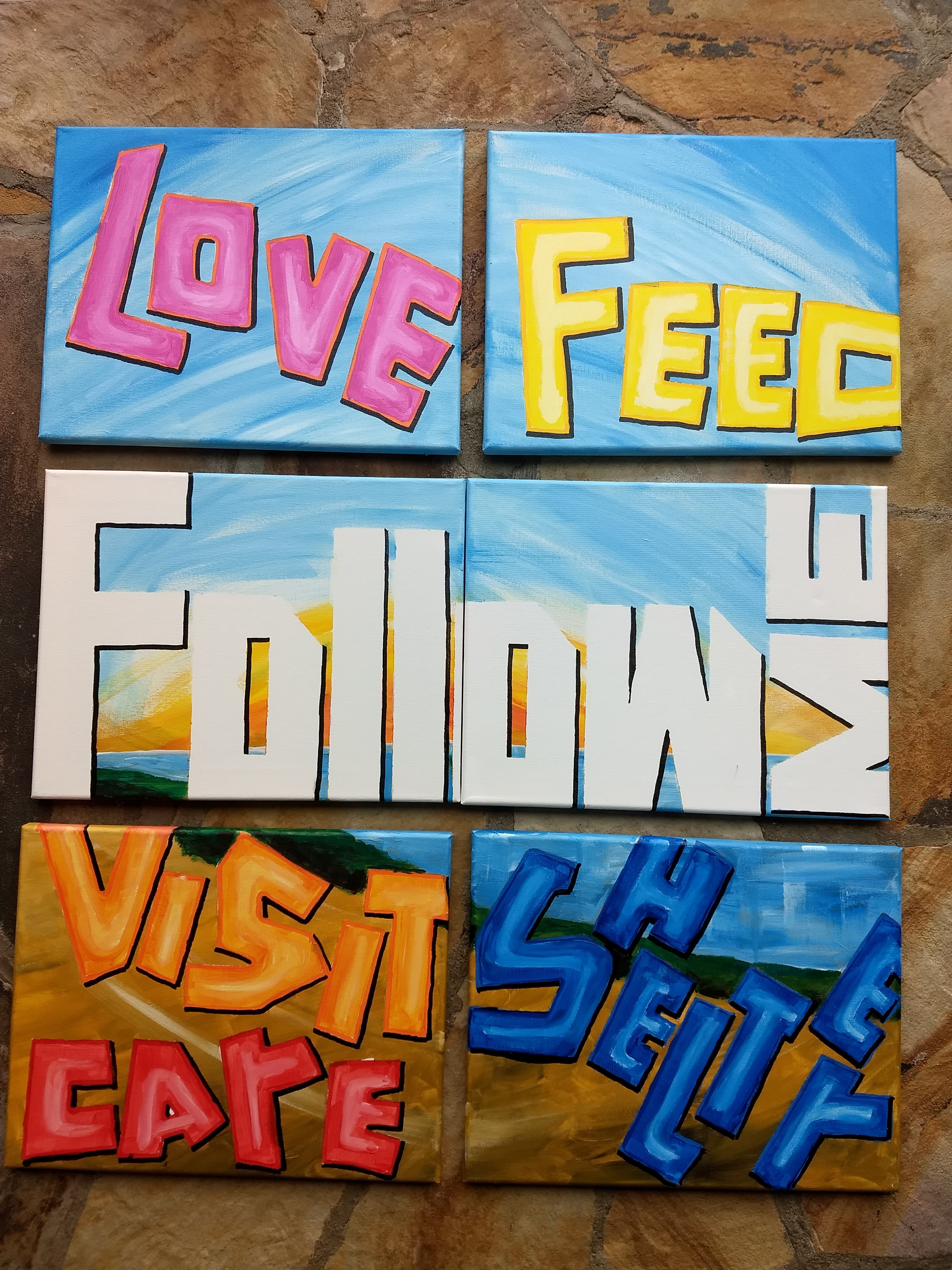0
Liked
Thirty-Second Sunday in Ordinary Time
| John Allen, a renowned Catholic journalist, claims that whenever he speaks to a church audience these days, he tells this joke: “A dad is sitting in his living room when he hears a ruckus upstairs. He goes up and is startled to see the kids sitting in a circle of folding chairs, screaming their lungs out at each other: ‘You’re an idiot!’ says one of the kids. ‘You’re completely wrong and I can prove it!’ says still another. And on it goes like this around the circle. The father finally has had enough. So he steps in and demands to know, ‘What in the world is going on here?’ “Oh, don’t worry, dad,’ one of the kids says. ‘We’re just playin’ church.’” This past month marked the five-hundred and third anniversary of Martin Luther hammering his Ninety-five Theses to the doors of the Castle Church in Wittenburg, Germany. The Theses split the thousand-year-old Roman Catholic Church into two churches – one loyal to the Pope in Rome, the other protesting the Pope’s rule. The latter became known as “Protestant.” According to historians, however, the hammering of the Theses never actually occurred. Instead, Luther had sent them via letter to the local archbishop. Regardless, the Reformation had begun. History was radically changed. And soon thereafter, alternative churches arose in one place after another. Today, nearly an eighth of the human race is Protestant. Some historians have argued that Luther’s actions led to what we now call “modernity.” The ideas of pluralism, religious liberty, and self-government all entered history, historians say, through the door that Luther “opened.” From a theological standpoint, the two most important beliefs guiding Luther were “sola fide” (by faith alone) – the conviction that faith, as rather than works, is the sole basis for salvation, and “sola scriptura” {by scripture alone), the conviction that only the Bible was the source of truth. As one historian explains, “Luther was born only a few decades after the invention of printing …. In the first half of the sixteenth century, a third of all books published in German were written by him …. More people wanted to read, and the more they knew how to read the more they wanted to own this book: the Bible.” As a consequence, the Christian world has been split for more than 500 hundred years. But, the good news is that in our lifetime the Catholic Church and most mainline Protestant churches have reached agreement on many of the most pressing issues dividing them, and a sense of healing now dominates. The pointless bickering common to the experience of many of us during our youth, and joked about in John Allen’s story, has been largely put aside. In its place is a common concern for showing respect and together committing ourselves to living out the Way Jesus teaches us – especially in our common cause to feed and heal, to reach out in love and service to those unable to fend for themselves. This is the “door” that today’s gospel refers to. This is the “door” that will allow us – together – to demonstrate our common respect and passionate desire to help cure what is dividing our country, to help heal what is hurting in our hearts, and to help revive the zeal needed to embrace the urgent gospel message that calls us to see with different eyes, to walk a new path, to develop a whole new value system. And to do all of this together. Sacred Scripture is now central to both sides of the divide. Faith and works are now deemed to be the goal for everyone calling themselves Christian. Following Jesus’ call to discipleship is recognized by all as the ultimate challenge – not the rituals or the language we ardently fought about for so long. Instead, we now commonly recognize that the “door” has been opened, our eyes have been opened, our hearts have been opened. Now we can joyfully pray together with today’s gospel: “Lord, Lord, open the door for us.” Ted Wolgamot, Psy.D. NOTE: In his commentary on today’s Gospel story of the five wise and the five foolish virgins, Matthew is strongly advising us to “keep awake.” Apparently, the community for which he was originally writing had become lax. It was a crucial time for Jesus’s followers because the return of Christ for which they had enthusiastically awaited had not yet come. Since the faith of many early Christians had become relaxed, they needed a reawakening of their first conversion memory and experience. “Don’t give up hope” is what today’s Gospel is saying. “Keep it alive. Be alert. Don’t let your initial enthusiasm fade away.” “Staying awake” is one of the most common themes in Jesus’ preaching. Christian hope is restless. It keeps our sense of responsibility and creativity alert. It won’t let us sleep. Fr. Jose Pagola, a scripture scholar writes: “Sometimes we think that the opposite of hope is despair. At a time of crisis like ours, the loss of hope is expressed in an attitude of hopelessness that penetrates everything. We can easily see this ‘exhaustion’ of hope in people today. What is needed is to recall Jesus’ parable in today’s Gospel which warns us to not let the oil in our lamps of hope burn out. Keep awake. Christian hope does not settle down into sleep. It keeps our sense of responsibility and creativity alert. It won’t let us sleep. This is precisely why Christians need to get involved wherever others are struggling for a better, freer world.” NOTE 2: In this time of healing for our country, let us all pray that our Nation, under God, will always be a place in which liberty and justice for all become the centerpiece of our convictions. May our prayer be that we all become instruments of peace and hope and love. The prayer of St. Francis says it all so beautifully: Lord, make me an instrument of your peace Where there is hatred … let me sow love. Where there is injury … pardon. Where there is doubt … faith. Where there is despair … hope. Where there is darkness … light. Where there is sadness … joy. O Divine Master, grant that I may Not so much seek To be consoled … as to console, To be understood … as to understand, To be loved … as to love. For It is in giving … that we receive. It is in pardoning … that we are pardoned. It is in dying … that we are born to eternal life. |




